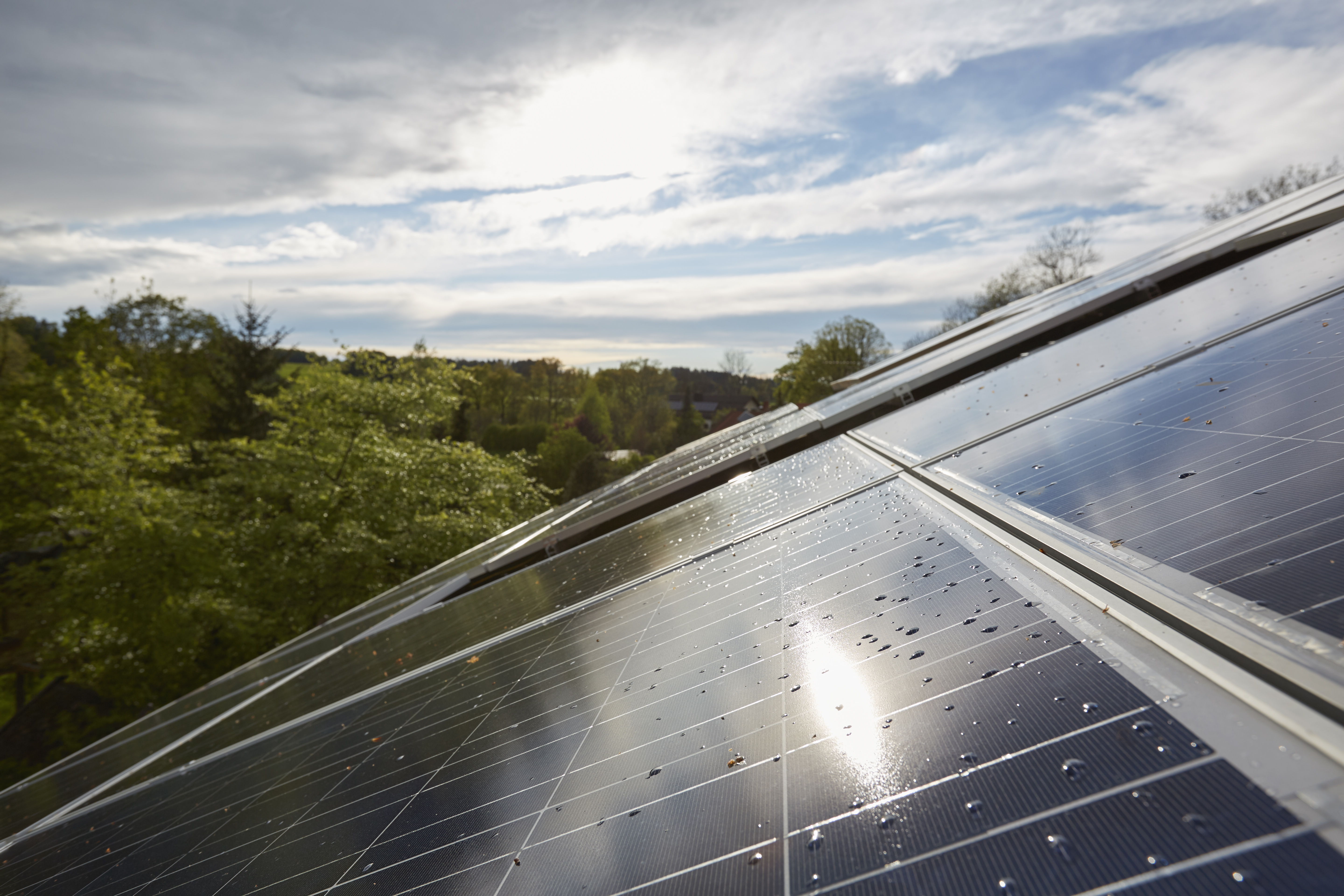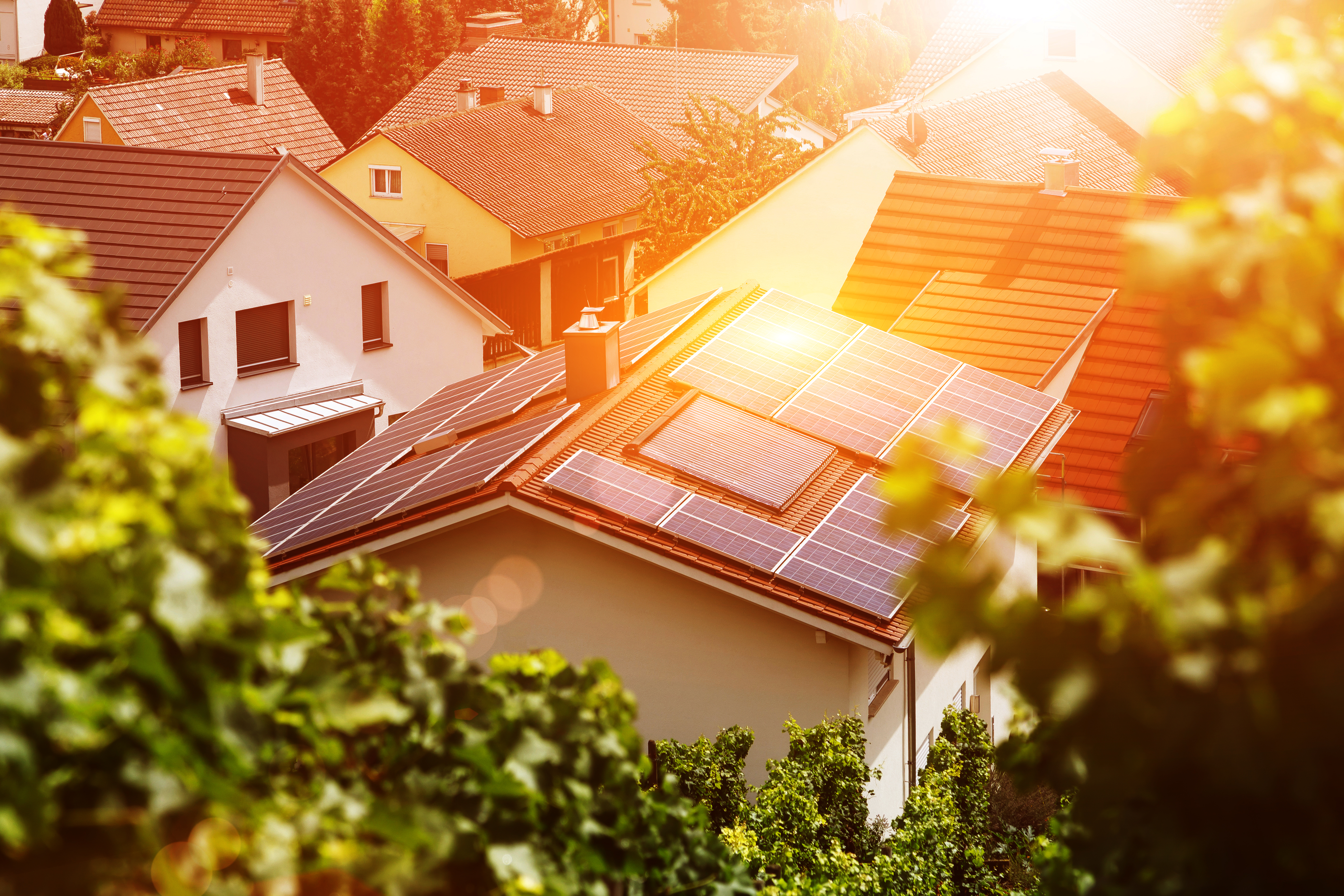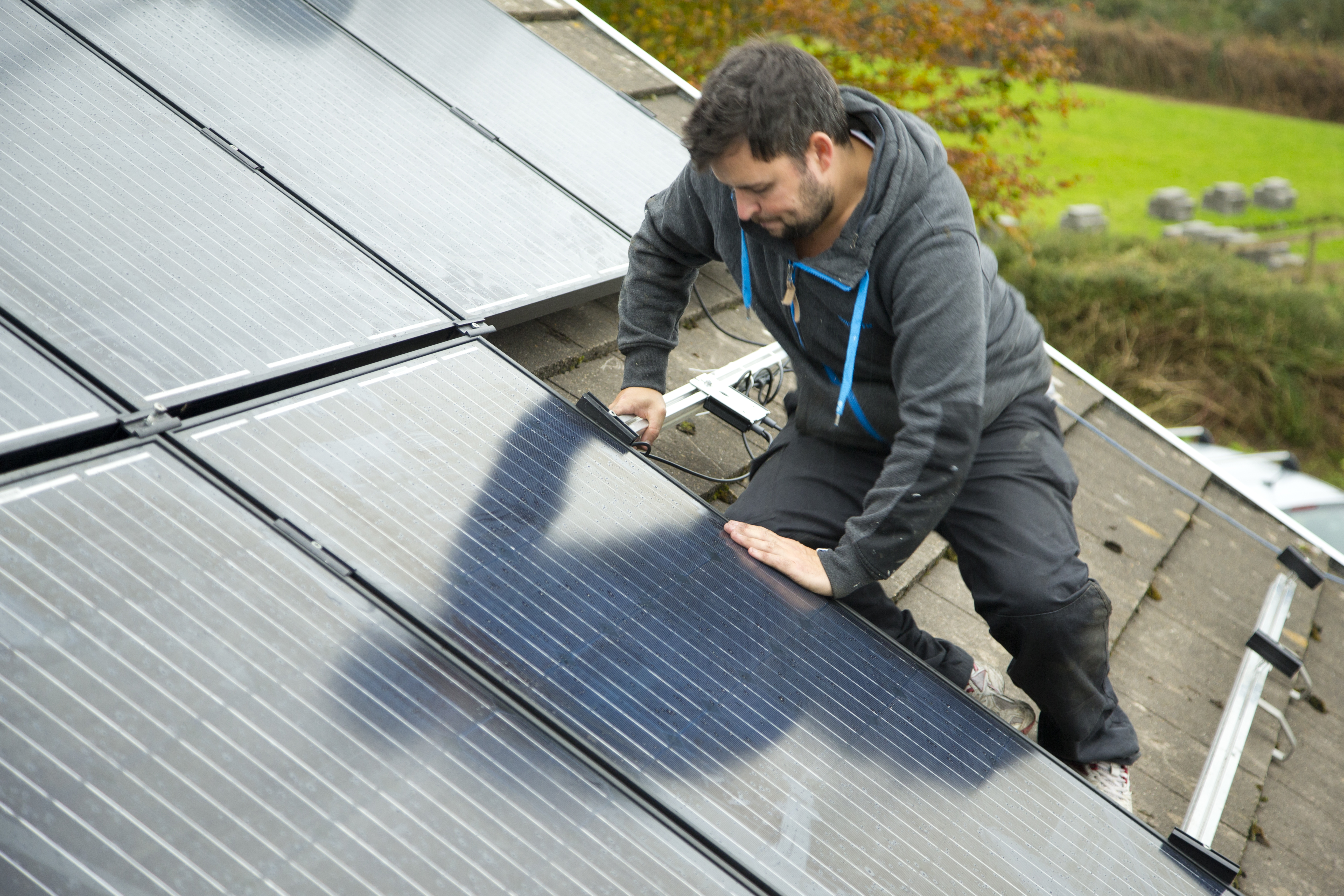While solar panel shopping, it helps to get familiar with the basics of how a solar installation works and the related costs. This article looks at five important areas you should be aware of. Thinking about making the solar switch this year? Talk with a local authorized Panasonic installer and get all your questions answered with a free quote.
Powering your home with a renewable energy source such as solar panels offers many benefits. You'll be able to reduce your carbon footprint, reduce your utility bill, and feel comfortable knowing you're contributing in some way to the overall health of the planet. To make things even better, there are incentives to encourage you to install solar panels.
Of course, the shift to solar also requires a fair amount of planning and consideration. If you're new to renewables for your home, this can be intimidating and it can be hard to know exactly where to start.
What kind of solar panels do you need? How do you install them? How can you be sure you're making the most of them? These are all questions that may arise during the shift to renewable energy.
Fortunately, you don't have to solve these things in the hardest way. Here are the five things you should think about before you buy solar panels.
Location, location, location
Before you buy solar panels, you'll want to make sure you have a place to place them. Many solar panels are mounted on the roof of the house, and older homes may require repairs, modifications or even a complete replacement before they can support solar panels.
Solar panels can also be installed in yards in some places. If you have the space available, this is a potential alternative if the roof installation is too expensive or unfeasible.
No matter where you install the panels, you'll want to make sure you can get the optimal position for them. In the northern hemisphere, it is best to orient the solar panels to the south, because that is where they will receive the most direct light throughout the day. In the southern hemisphere, the opposite is true: the panels must look north.
There is more than one type of solar panel
Not all solar panels are created equal. First, you'll want to consider your choice between photovoltaic solar panels, also known as electric solar panels, and solar thermal panels.
Photovoltaics are much more common and use solar cells to directly convert sunlight into electricity. Solar thermal panels, on the other hand, use mirrors to concentrate sunlight and are usually used to heat water.
Solar thermal energy is more efficient but is only maximized when the sun rises. Photovoltaic panels are more versatile and durable.
In addition to the type of solar panel you want, you'll also need to consider the same things you would do for any major purchase: things like performance, durability, and warranty. All of these will vary and some panels will be better customized to your particular needs. Be sure to research and look for reliable sources and other user experiences to get the best information before you make a decision.
Check if you need a permit
Every city, county and state has different rules when it comes to installing solar panels on residential properties. Before proceeding with any facility, it is important to analyze city codes and make sure you comply with all local laws and zoning ordinances. The Solar Energy Industries Association has put together excellent resources to get around any bureaucracy that gets in its way.
Keep in mind that applying for the necessary permissions may take some time, both to submit and to receive approval. Installing solar panels isn't necessarily an impulsive purchase to begin with, but patience is needed.
Consider all costs
Solar panels will almost certainly save you money in the long run, and the longer you stick with the renewable energy source, the more you'll end up saving while watching your utility bill fall. However, there are costs that must be taken into account.
There is the initial initial cost of the panels, which can be quite expensive. You will need to consider whether it is possible to pay for this expense directly or whether you will need to finance the purchase. Be sure to consider the interest rate and how it will accrue over time. You can also rent solar panels.
The installation process itself will likely require hiring a contractor, and you'll need to consider the costs associated with that, including the modifications needed in your home to accommodate the solar panels. Permits can also come with a one-time fee. Finally, consider the possible maintenance that will be required during the life of the panels.
Look for tax discounts and incentives
While solar panels can seem expensive, especially since you face considerable upfront costs, you should be aware of the fact that some places have incentives to encourage you to be green.
The federal government offers tax credits to homeowners who install solar panels. Similarly, some states offer tax exemptions and refunds when solar is adopted. Be sure to take advantage of these opportunities to reduce the cost of switching to solar.
Are solar panels right for you?
Solar panels are becoming increasingly popular, but they are not suitable for every home or every budget. Your property may not be able to take full advantage of solar panels,or the installation process may reveal other issues in your home that need to be addressed. You may also find yourself in a situation where solar panels simply cost too much to make sense for your situation.
But for many, solar panels will provide relief in the form of cheaper utility bills, a smaller carbon footprint and less reliance on the traditional grid.
This article was from CENFENG and was legally licensed through the Industry Dive publisher network. Please direct all licensing questions to legal@industrydive.com.






